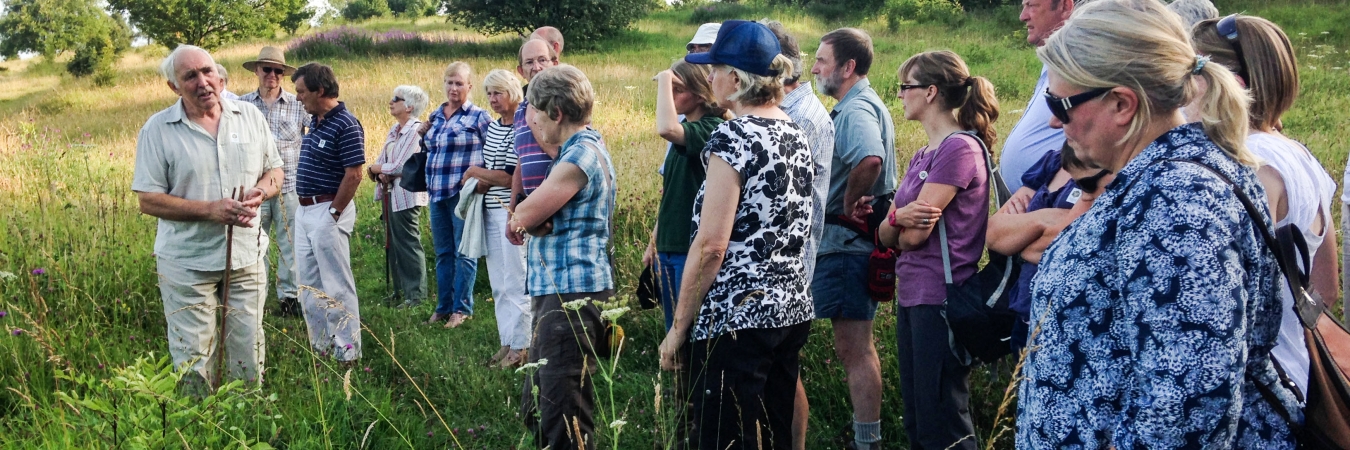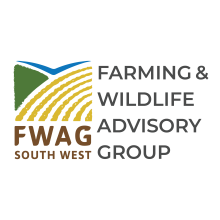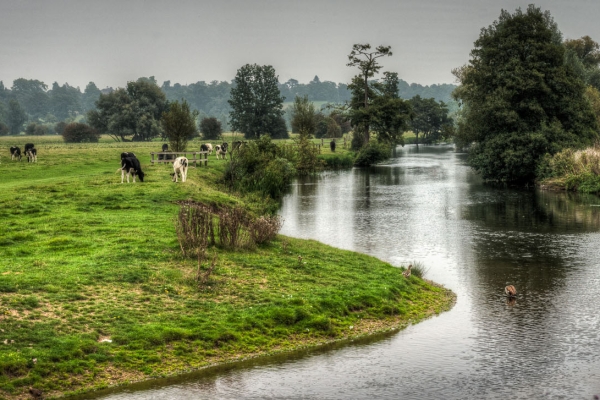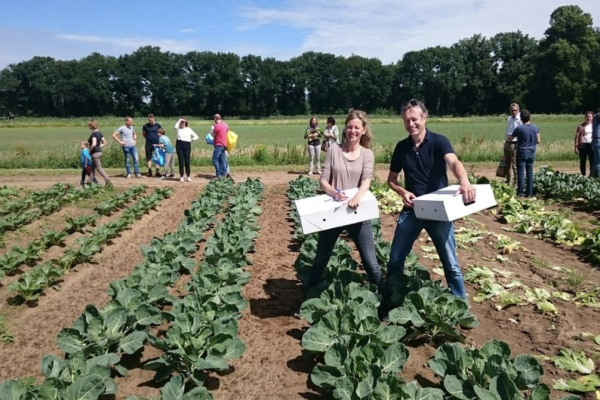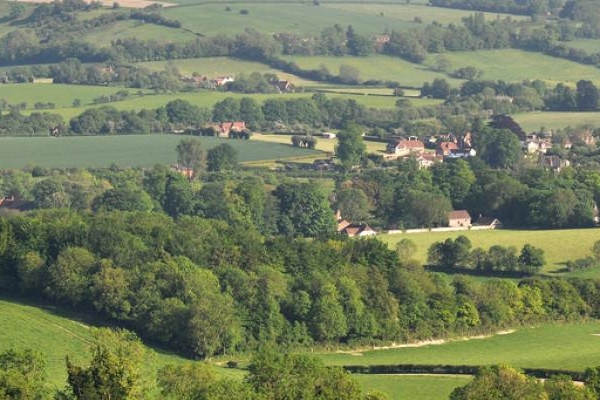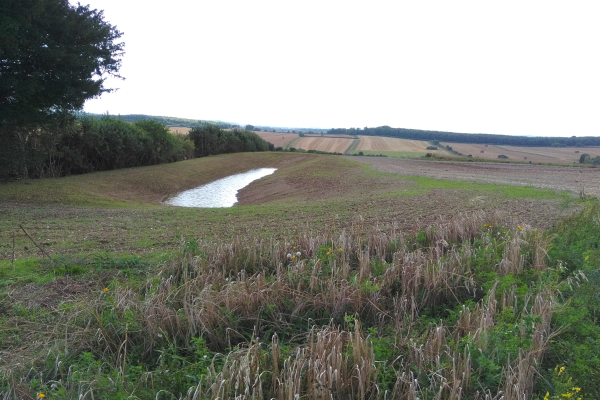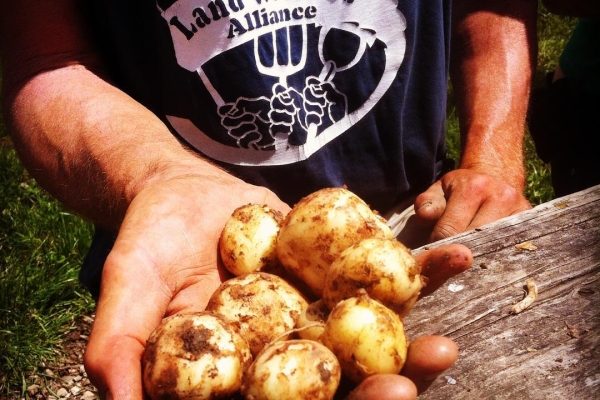Integrated Local Delivery Framework
A community led, joined up approach to delivering a resilient environment
Resource explained
Integrated Local Delivery is a framework created by The Farming and Wildlife Advisory Group South West (FWAG SW), the Countryside and Community Research Institute (CCRI) and Natural England to inspire and enable local communities to protect their local environments while delivering international targets and building local resilience. It is a tried and tested approach to environmental protection at a landscape scale, which has been adopted by the European Commission for trials across Europe. This short booklet reviews the urgent need for a holistic and joined up approach to environmental management in our countryside, and presents a framework through which this can be achieved.
At present, environmental protection in much of the UK is driven from the top down, with local communities and even landowners left out of the equation. This approach isn’t working; costs associated with environmental problems are mounting across the economy, ecosystems are under increasing pressure, and rural communities report feelings of disenfranchisement form the landscape they live within. This booklet describes a new approach, in which facilitators who value local knowledge and resource can join up stakeholders and objectives, so that environmental delivery can be tailored to local conditions and built into local economies.
Findings & recommendations
- No one knows local landscapes better than the communities who live within them. This booklet covers the core themes of Integrated Local Delivery, outlining how to build environmental management plans up from a local level, with community knowledge and support as a central component.
- Farmers often feel caught between the demands of a competitive agricultural market and environmental obligations, with the sense that they have little control over either.
- Communities too feel that they have little connection with their surrounding countryside or control over its environmental condition.
- Facilitators are essential in bringing communities, farmers and other stakeholders (both local and institutional) into a partnership around the local environment to find innovative solutions that deliver multiple benefits to all.
- The booklet also presents research on existing government expenditure that could be either avoided through environmental management or better integrated to deliver public environmental goods. It finds that at least £24bn of government expenditure each year could be avoided or better allocated to this end.
- A detailed report and toolkit on Integrated Local Delivery has been created by the Countryside and Community Research Institute and can be seen here.
- For further information or support, contact Jenny Phelps: Jenny.phelps@fwagsw.org.uk 07876687272
(Header image: Local stakeholders discuss ways in which the environment can deliver for all. Photo credit: Joanne Leigh, FWAG SW)
